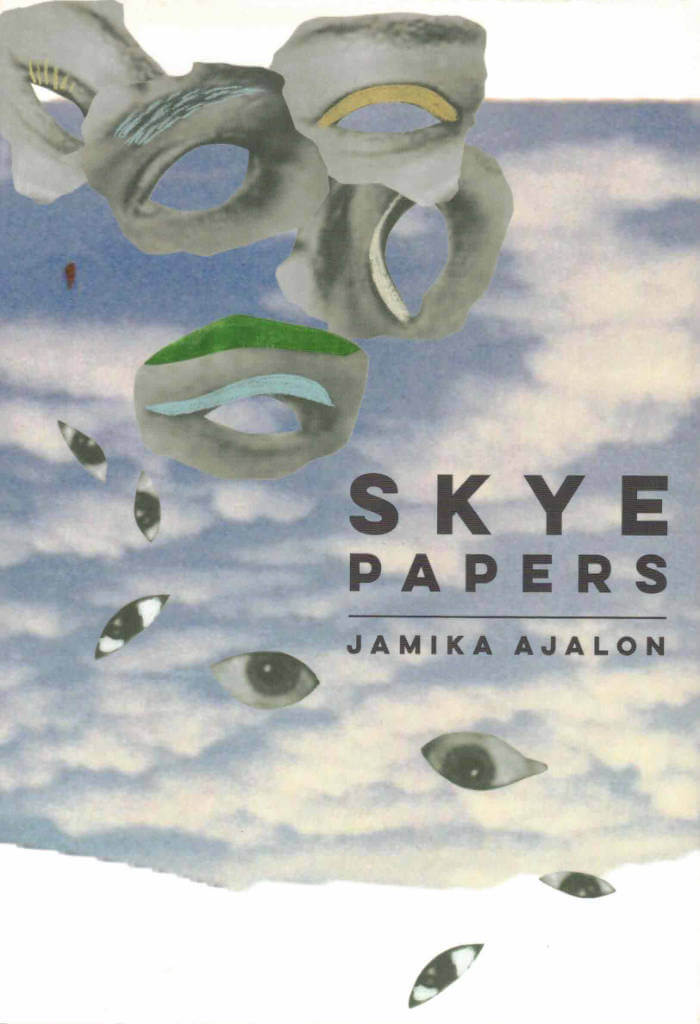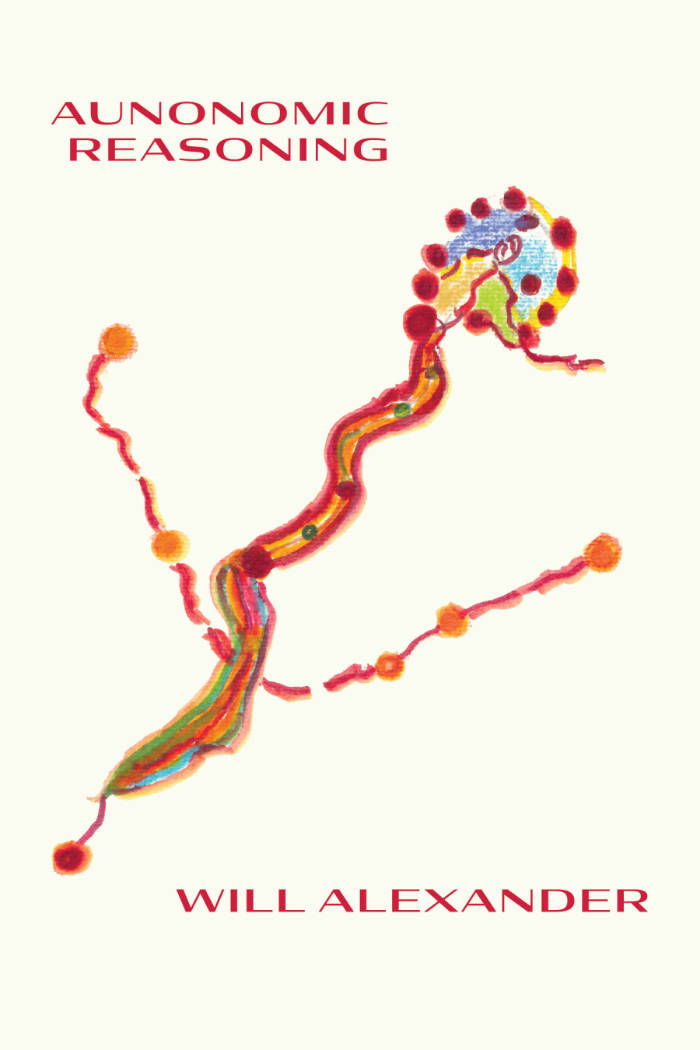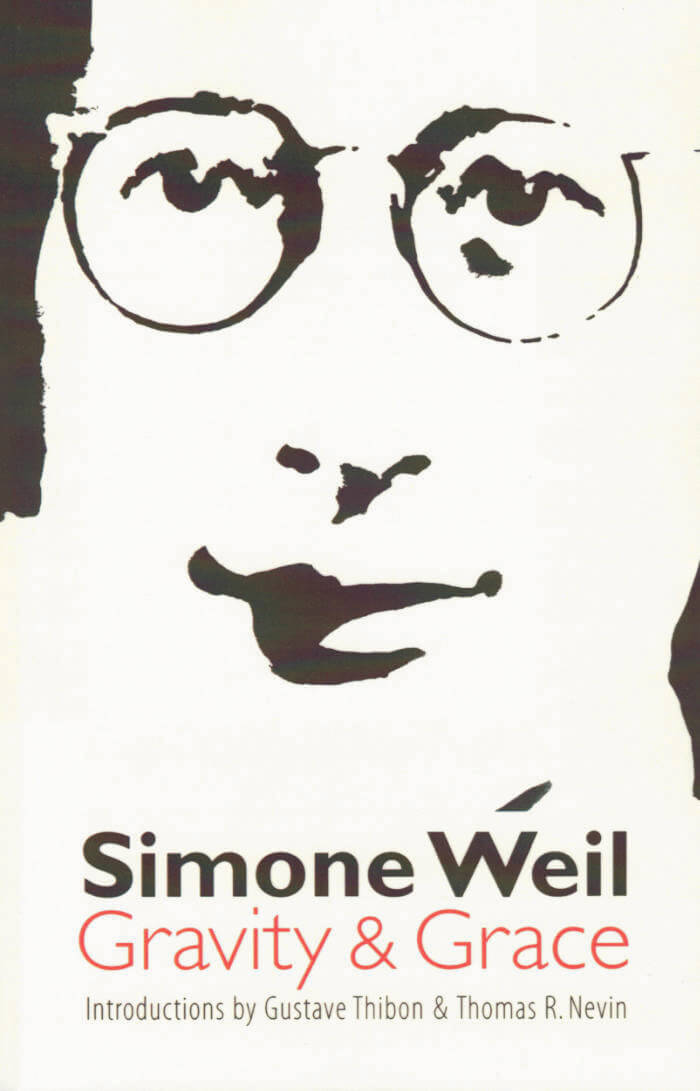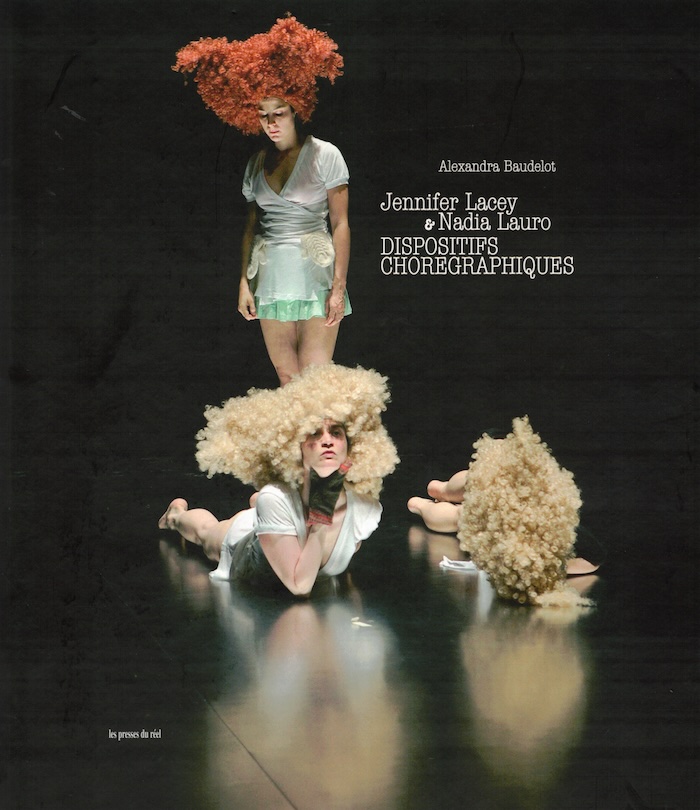
Globalisto – A Philosophy in Flux – Acts of an Imbizo
Alexandre Quoi ed., Ntshepe Tsekere Bopape (Mo Laudi) ed.
The continuation and culmination of a vast project, articulated between an exhibition and a symposium, imagined by South African curator Ntshepe Tsekere Bopape (Mo Laudi), inviting 17 artists from Africa and its diaspora and a group of researchers to evoke black aesthetics and propose an alternative vision of a world without borders.
In Zulu, imbizo means "gathering" which is called by the elders when there are communal problems so that everyone listens to each other to see how solutions can evolve. The book Globalisto. A philosophy in flux. Acts of an Imbizo is intended as a hybrid between a catalogue of the exhibition held at MAMC+ from 25 June to 16 October 2022 and the publication of the proceedings of the symposium held on 6 and 7 October 2022. The book is therefore in two parts.
The first part reports on Imbizo part 1: the opening, and on the exhibition curated by Ntshepe Tsekere Bopape (Mo Laudi) and Aurélie Voltz, director of MAMC+, which brought together artworks by seventeen artists: Sammy Baloji, Raphaël Barontini, Marie Aimée Fattouche, Sam Gilliam, Porky Hefer, Lubaina Himid, Arthur Jafa, Euridice Zaituna Kala, Samson Kambalu, Moshekwa Langa, Myriam Mihindu, Wilfried Nakeu, Otobong Nkanga, Josèfa Ntjam, Sara Sadik, Dread Scott and Gerard Sekoto. A 32-page glossy booklet follows the exhibition line-up, showing at least one reproduction of each artist's work. The playlist that was available to listen to in the first exhibition room has found its place in the book in the same way as a list of works—a flashcode link refers the person who wishes to read the book while listening to music.
The second part of the book, which is its main body, publishes a written transcription of the contributions of the speakers at Imbizo part 2: the symposium on "Art and (de)colonisation". You will find lectures by academics (Norman Ajari, Amal Alhaag, Christine Eyene, Elvan Zabunyan) as well as more visual essays, conceived as transpositions of performances (Jamika Ajalon, Elsa M'Bala) and a more oral proposition, a transcription of a podcast by the Piment collective that took place live in the MAMC+ auditorium. Three interviews introduce the proceedings. The first, with the curator Mo Laudi, is taken from a special issue of Le 1 Hebdo devoted to the "Globalisto" exhibition. The second is a continuation of the first, conducted by Aurélie Voltz, director of the MAMC+, who asks the curator about the follow-up to his project. The last is also a second publication, originally published in Le 1 Hebdo, in which journalists Iman Amhed, Laurent Greilsamer and Maxence Collin interview philosopher Achille Mbembé.
Contributions by Aurélie Voltz, Ntshepe Tsekere Bopape (Mo Laudi), Iman Ahmed, Maxence Collin, Achille Mbembe, Norman Ajari, Christine Eyene, Elvan Zabunyan, Jamika Ajalon, Amal Alhaag, Elsa M'Bala.






